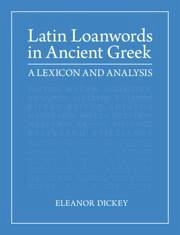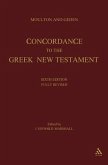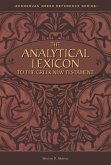"Why, when, and how did speakers of ancient Greek borrow words from Latin? Which words did they borrow? Who used Latin loanwords, and how? Who avoided them, and why? How many words were borrowed, and what kind of word? How long did the loanwords survive? Until now, attempts to answer such questions have been based on incomplete and often misleading evidence, but this study offers the first comprehensive collection of evidence from papyri, inscriptions, and literature from the fifth century bc to the sixth century ad. That collection - included in the book as a lexicon of Latin loanwords - is examined using insights from linguistic work on modern languages to provide new answers that often differ strikingly from earlier ones. The analysis is accessibly presented, and the lexicon offers a firm foundation for future work in this area"--








